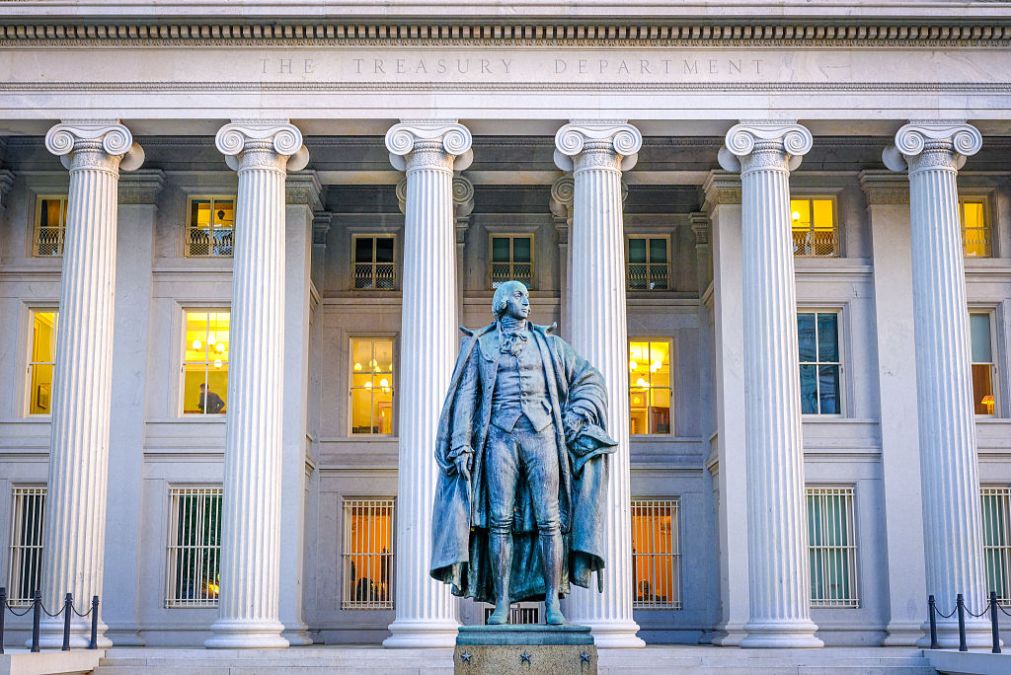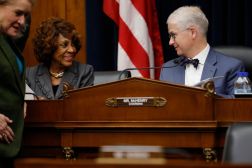NDAA calls for Treasury-led report on AI to fight money laundering

A handful of federal financial regulatory agencies may have some new artificial intelligence work to do soon, courtesy of an amendment tucked into the Senate’s National Defense Authorization Act.
The $925 billion must-pass defense bill, which cleared the upper chamber Thursday night, included an amendment from Sen. Ruben Gallego, D-Ariz., that calls for a report on the implementation of AI in certain anti-money laundering investigations.
The amendment requires the director of the Treasury Department’s Financial Crimes Enforcement Network to spearhead work on the report, pulling in the heads of the Federal Deposit Insurance Corp., the Federal Reserve, the Office of the Comptroller of the Currency and the National Credit Union Administration for consultation.
That report, which would be submitted to the Senate Banking and House Financial Services committees within 180 days of the NDAA’s passage, would assess the feasibility of leveraging AI in money-laundering probes, specifically those tied to foreign terrorist groups, drug cartels and other transnational criminal organizations.
According to the amendment text, the report would detail the types of investigations where AI may be useful, the types of AI tools that could be effective in those probes, the types of schemes AI would be best positioned to detect, and any possible challenges that could arise when using AI for that kind of work.
The NDAA, which cleared the Senate by a 77-20 tally after votes on the amendments, is now poised for what could be extensive negotiations with the House, setting up a final vote in the weeks ahead.
Gallego’s office did not respond to a request for comment by the time of publication. The Arizona Democrat has shown increasing interest in AI over this congressional term, introducing a bill in July to protect U.S. call center jobs and consumers from the technology and pushing back on Republicans’ ill-fated attempts over the summer to bar states from regulating AI for a decade. Gallego has also backed legislation aimed at thwarting fentanyl-related money laundering.
The Financial Crimes Enforcement Network has done some exploration on artificial intelligence in the past. A Treasury report released last December noted that FinCEN teamed with federal banking agencies on a 2018 statement on combating money laundering and terrorist financing with “innovative efforts” including AI.
The Anti-Money Laundering Act of 2020, meanwhile, charged FinCEN with issuing regulations on testing technologies to aid financial firms’ compliance with the Bank Secrecy Act, with a particular focus on “using innovative approaches such as machine learning.”






